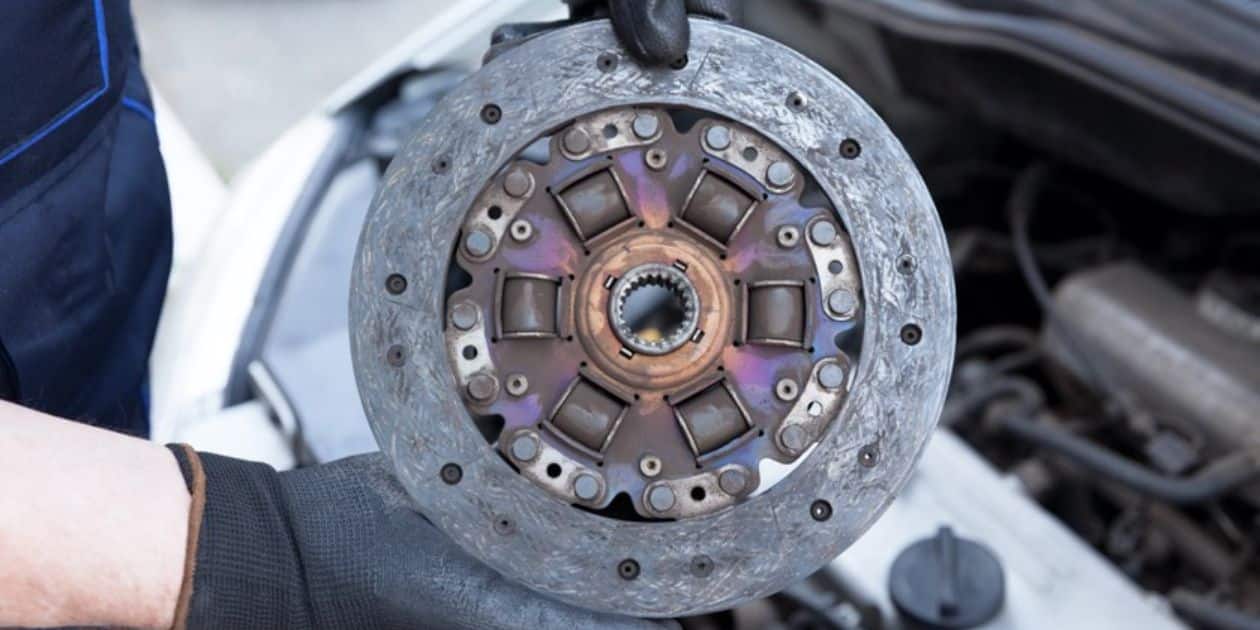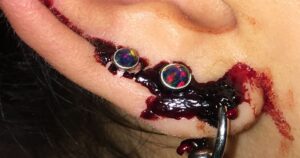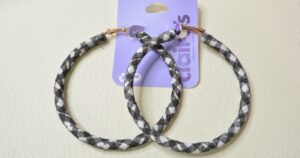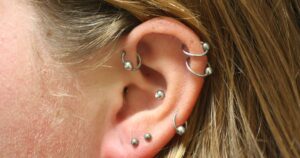My clutch sticking is when the clutch pedal is difficult to press down or engages at an incorrect point while shifting gears. This can be due to a variety of causes, such as a worn-out clutch, contamination in the hydraulic system, or a misalignment of the linkage. In some cases, the sticking may arise from an obstruction in the system, such as rust, dirt, or debris. To fix the issue, the clutch system may need to empty or adjusted, or the clutch may need to substitute.
“There’s nothing worse than the feeling of your clutch sticking when you’re trying to drive – it’s like the car is saying ‘no’ to your every command. But don’t worry; there are a few simple steps you can take to make sure your clutch doesn’t stick again.”
The most common reason why a clutch is sticking is due to a worn or damaged clutch cable or linkage. If the cable or linkage has become stretched, it can cause the clutch to stick. If the clutch cable has not been properly lubricated, it can cause the clutch to stick. If the clutch plate is worn, it can cause the clutch to stick as well.
Reasons why a clutch may stick
The clutch plate may be worn out and need to be substituted. The clutch cable may be extended, bent, or broken, which can cause the clutch to stick. The clutch pedal may curve or be misaligned, which can cause the clutch to stick. The hydraulic system may malfunction, which can cause the clutch to stick. The clutch may be out of adjustment, which can cause the clutch to stick.
Diagnosing a Sticking Clutch
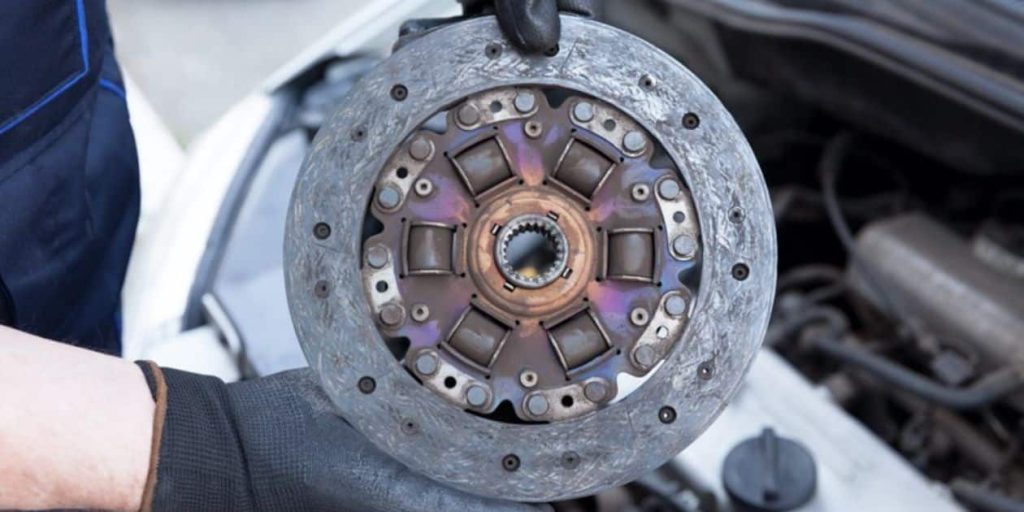
The most common cause of a sticking clutch is improper lubrication of the clutch linkage. If the clutch linkage is not lubricated regularly, it can become corroded and stuck. A leak in the clutch hydraulic system, such as a worn-out clutch master cylinder, can cause the linkage to stick. If the clutch is sticking, the first step is to check the linkage for proper lubrication.
Repairing a Sticking Clutch
If you’re having trouble with your clutch sticking, you’re not alone. Sticking clutches can be a common issue, but luckily there are a few potential causes and solutions. One of the most likely causes is the clutch pedal itself. The clutch pedal may be sticking if there is a build-up of dirt or dust on the components or if there is an issue with the linkage. If the pedals feel gritty when you push them, then this could be a sign that the clutch is sticking. To fix this, you can try cleaning the components with a cloth and lubricating the linkage.
Replacing the Clutch Plate
Replacing a clutch plate can be a difficult job, but it is possible to do it yourself. First, you will need to remove the old plate, which can be completed by removing the nuts and bolts that secure it. Once the plate is removed, you can inspect it for any signs of wear or damage. If the plate looks to be in good condition, you will need to install the new plate.
Filling Up Clutch Fluid
My clutch is sticking, and it’s becoming a real nuisance. There could be a few reasons why this is happening. The clutch fluid may have been infected, or there may be air bubbles in the system. If the fluid is low, it can cause the clutch to stick and become difficult to disengage. It’s possible that the clutch disk is worn or damaged, making it harder for the clutch to disengage.
Conclusion
A sticking clutch can have a variety of causes, ranging from a worn-out clutch plate to a faulty hydraulic release system. It is important to identify the cause of the problem and address it before any further damage is done. If you are experiencing a sticking clutch, it is best to take your car to a qualified mechanic as soon as possible to have the issue diagnosed and addressed.
